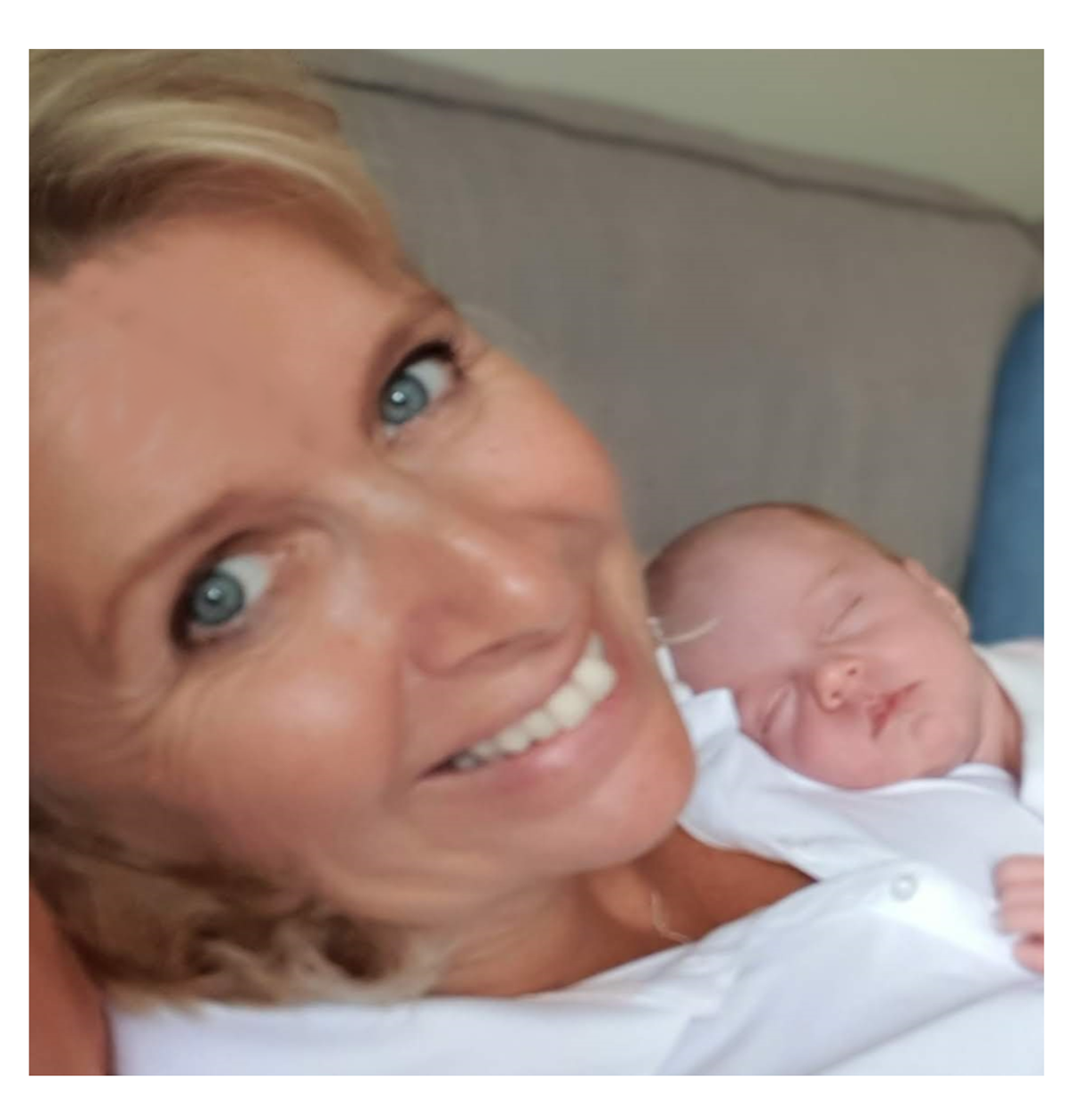What is a doula?
Doulaing is the act of educating, loving, respecting, listening, embracing, advocating for, and assisting women, before, during and after the birth of her baby.
The trend in the UK for having a doula is gaining momentum. Until recently the word was practically unheard of, but today more and more women are turning to the doula’s small, but growing, community for support.
What does a doula do?
Doulas are not medically trained and do not give their opinion. Their job is to ensure women are supported both physically and mentally leading up to, during, and after the birth of their baby. Most women find a doula around the 20 th week of pregnancy when suddenly everything is becoming real and women realise in some cases they are wholly unprepared! Some women have had previous trauma from birth and seek the support of a doula to ensure this doesn’t happen again.
Research has shown (see references below) that having continuous support throughout pregnancy, such as that provided by a doula:
- Reduces the risk of unplanned Caesarean and instrumental birth
- Reduces the need for pain medication, including epidural
- Reduces the rate of induction
- Shortens the length of labour
- Improves breastfeeding success
- Lowers the incidence of post-natal depressions
The doula spends time with the couple antenatally, teaching them what happens physiologically to their bodies during birth and methods that can be used to ensure the birth is as relaxed and comfortable as possible. They talk about pain relief, how best to work with their birthing team, the pros and cons of hospital birth versus homebirth.
They work with the couple to design a plan for birth which works for the couple. A doula also prepares them for the fact that this plan may change and how to embrace that change. Knowledge is key when giving birth and the doula is there to help the couple work through the interventions they may be presented with by their medical team and how to work with that team in the best possible way.
These sessions are also a key time to build a strong trusting relationship which is essential to the mother being as relaxed as possible during the birth.
The doula comes to the couple, usually in the early stages of labour, to give as much support as possible. Women benefit from continuity of support during labour and knowing that the doula will be by their side until their baby is snuggled up in their arms is invaluable.
Maybe the best way to explain this is to read a mother’s words.
‘I searched extensively for the right doula and, as soon as we met her, we knew she would be exactly the support we were hoping to find. For me personally it was the cherry on the cake that she had experienced a vaginal birth after caesarean herself and her views and ethos about birth were music to my ears.
‘Before the birth, during and after, her help and support has been priceless. Before the birth, her visits and the things we discussed were pivotal in getting me into the right mindset for the natural birth I really wanted. It was as if we’d known each other for years.
‘On the day of my labour she picked me up and took me to hospital in the middle of the night on Christmas eve, while my partner waited for his mum to come and look after our son. She missed Christmas day with her own three sons!
‘Her hypnobirthing guidance during labour got me through hours of surges. Throughout my labour she helped my partner support me and was a champion for my birth preferences the whole way through.
‘Even when our son was born, and when Christmas day was almost over, she was still happy to stay and help us until we were settled. After the birth she visited us when we were struggling with our new-born’s reflux and gave us contacts and advice.’
Louise Oliver is a doula and you can contact her via the website,The Peaceful Doula, or email: [email protected]
References
Brigstoke, S. (2014). A survey of doula-supported births in 2013 in the UK. MIDIRS Midwifery Dig. 24,
157–160. https://nurturingbirth.co.uk/wp-content/uploads/2015/01/MIDIRS_Research-PDF.pdf
[Accessed September 15, 2020].
Bohren, M.A., Hofmeyr, G.J., Sakala, C., Fukuzawa, R.K., and Cuthbert, A. (2017). Continuous support
for women during childbirth. Cochrane Database Syst. Rev.
https://www.cochranelibrary.com/cdsr/doi/10.1002/14651858.CD003766.pub6/full#.X2Dtu7cQvlE.
mendeley [Accessed September 15, 2020].
